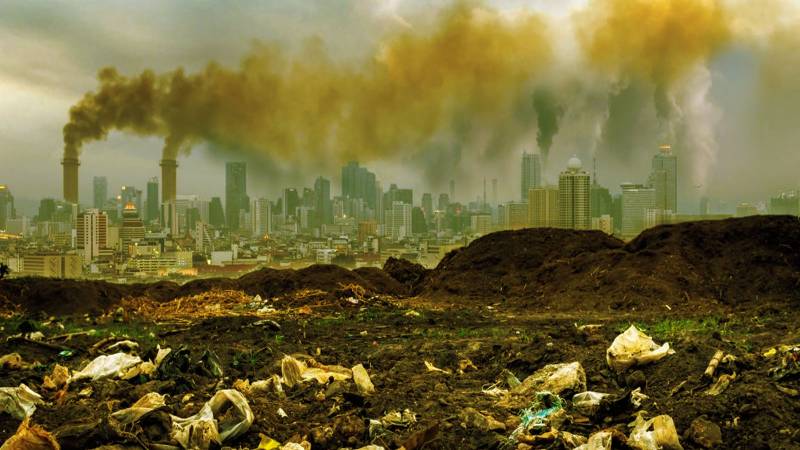
Pragyan Srivastava, Associate Editor of Sapan News Network, has called for urgent regional collaboration to address South Asia’s escalating climate crisis. Speaking on Unraveled with Marvi Sirmed, a flagship show aired on New Wave Global, Srivastava highlighted the shared vulnerabilities of countries like India, Pakistan, and Bangladesh and proposed actionable solutions to tackle issues such as air pollution, water scarcity, and climate-induced displacement.
South Asia faces some of the worst effects of climate change globally, with cities like Delhi, Lahore, and Dhaka grappling with hazardous air quality levels driven largely by regional pollution sources. Srivastava emphasized the need for a South Asian Clean Air Agreement to mitigate the transboundary effects of pollution. “Seventy-five percent of Delhi’s winter air pollution comes from regional sources, including crop residue burning in Punjab on both sides of the border,” she said.
The region’s challenges extend beyond air quality. Rising sea levels, frequent cyclones, and melting glaciers threaten millions. Srivastava warned that failure to act collectively could result in severe displacement, with up to 13 million people in Bangladesh projected to lose their homes by 2050 due to submerging low-lying areas.
However, Srivastava pointed out that political mistrust, especially between India and Pakistan, has hindered regional cooperation. She cited the stagnation of the South Asian Association for Regional Cooperation (SAARC) as a significant barrier to meaningful dialogue on climate issues. “Without functional platforms, critical issues affecting over 400 million people in the Indo-Gangetic Plain remain unaddressed,” she said.
To overcome these challenges, Srivastava proposed solutions such as a South Asian Climate Fund managed by neutral entities like the Asian Development Bank. She also highlighted successful initiatives, including the enduring Indus Water Treaty between India and Pakistan and the Himalayan Hydropower Plan involving India, Nepal, and Bhutan, as examples of regional collaboration that could inspire further action.
Journalism, Srivastava argued, has a critical role to play in shaping public opinion and influencing policy. She called for cross-border collaborations among media outlets to humanize the impacts of climate change and hold leaders accountable. “We need to tell human stories—how rising sea levels force migrations or how smog affects children in Lahore,” she said, emphasizing the importance of solutions-oriented reporting.
Marginalized communities, including Dalits in flood-prone Bihar and women in rural areas, are disproportionately affected by climate change. Srivastava highlighted targeted interventions such as Bangladesh’s women-led cyclone preparedness programs and India’s Solar Mama initiative, which trains rural women in solar technology, as examples of adequate support for vulnerable groups.
Looking ahead, Srivastava warned of dire consequences if South Asia fails to cooperate and act collectively. Rising sea levels, water shortages, and climate refugees could destabilize the region further. However, she expressed hope that unified efforts, such as cross-border solar energy projects and afforestation drives, could transform South Asia into a global model for climate resilience.
The episode of Unraveled with Marvi Sirmed featuring Pragyan Srivastava is available on New Wave Global’s video platform here.
Readers can also explore Srivastava’s article, The Climate Crisis and the Urgent Need for a Regional Response, on Sapan News.
